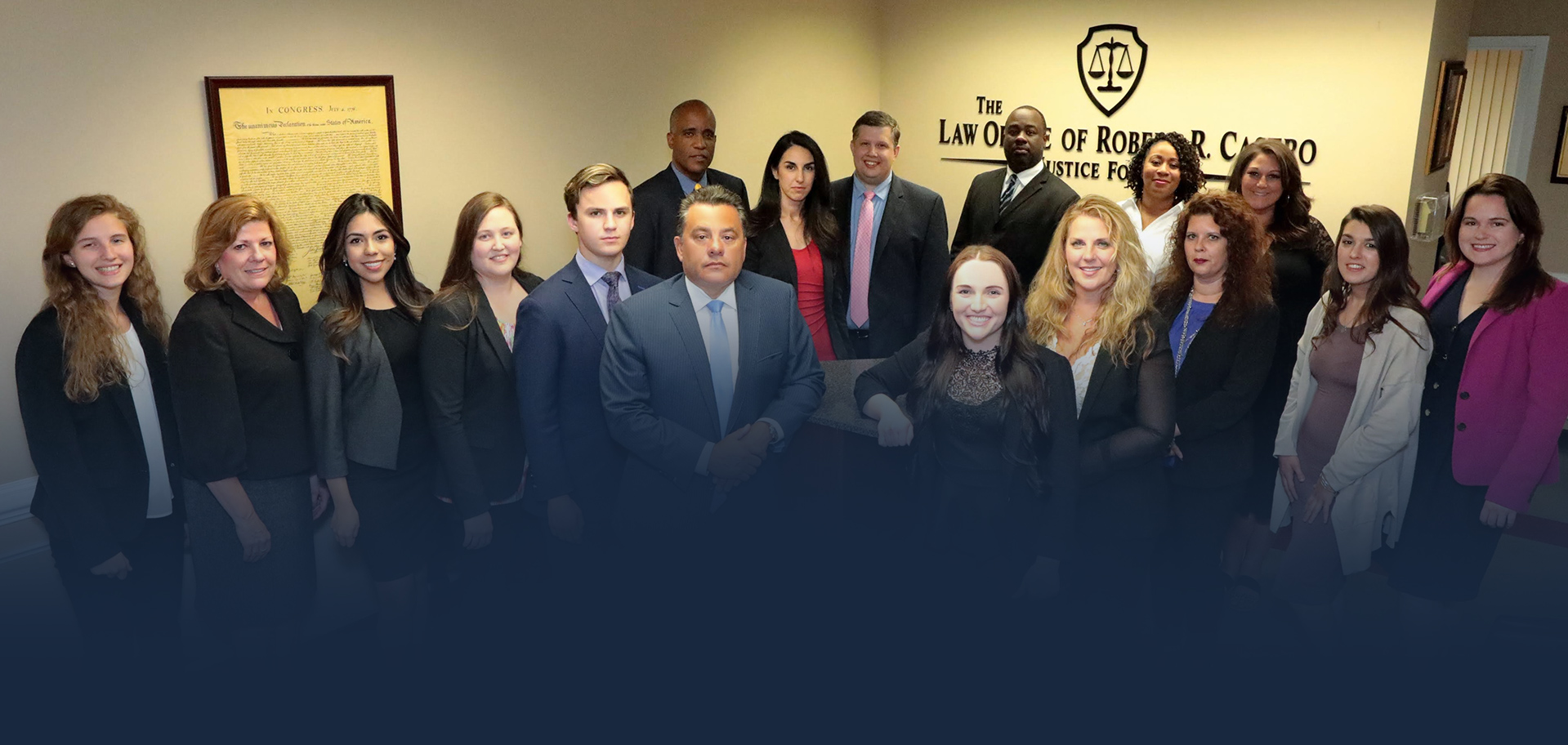How “Final” is a Maryland Child Custody Order?
Child custody orders are meant to give a certain sense of “finality” for both the parents and the child. Of course, circumstances can–and often–do change, which in turn may warrant modification of an existing custody order. Maryland law therefore permits a judge to modify custody when there has been a “material change in circumstances” since the previous order was entered, and if so, whether a change would be “in the best interests of the child.”
Court Declines to Consider Undated Cellphone Videos as Evidence in Custody Modification Dispute
As the Maryland Court of Special observed in a recent decision, Johnson v. Nunn, this two-step modification process is designed to “prevent discontented parents from endlessly relitigating the same facts in the hope of achieving a different outcome.” Among other things, this means that when a parent has previously sought modification unsuccessfully, a court will not entertain a new modification petition unless there is new, admissible evidence showing a genuine change in circumstances.
The Johnson case provided an illustration of this point. This case involved the parents of a minor child who divorced in 2015. At the time, the court awarded primary physical custody of the child to the father, with the mother granted liberal visitation rights. Both parents retained joint legal custody, with the father serving as tie-breaker.
Four years later, the mother filed a motion to modify the custody order. One of her grounds was that the father was allegedly abusing alcohol. The judge ultimately allowed the father to retain primary physical custody but did modify the mother’s visitation schedule.
Another two years passed. The mother filed a second petition for modification. She alleged that the father’s “alcoholism has continued unabated” and was harming the child. As proof, the mother sought to introduce a number of cell phone videos recorded by the child that purportedly showed the father intoxicated. The judge declined to admit that evidence and proceeded to deny the second petition. The mother then appealed.
The Court of Special Appeals, however, said the trial judge acted within the scope of their discretion. Although the appellate court found the mother’s allegations against the father “concerning,” it nevertheless explained that the allegations were, in fact, simply “repetitive” of the mother’s first modification petition from 2018. There was nothing new in the record to show any change of circumstances between the first and second petitions.
As for the cellphone videos, the appellate court said the trial judge properly excluded them. Maryland courts apply certain rules when it comes to authenticating and admitting evidence. here, the videos could not be properly authenticated in accordance with those rules. Specifically, there was no information offered as to precisely when the videos were recorded. Since the mother could not provide such information to the court, they could not be considered as evidence in support of her petition.
Contact Waldorf Family Law Attorney Robert Castro Today
This article has been provided by the Law Office of Robert Castro. For more information or questions contact our office to speak to an experienced lawyer at (301) 705-5253.




